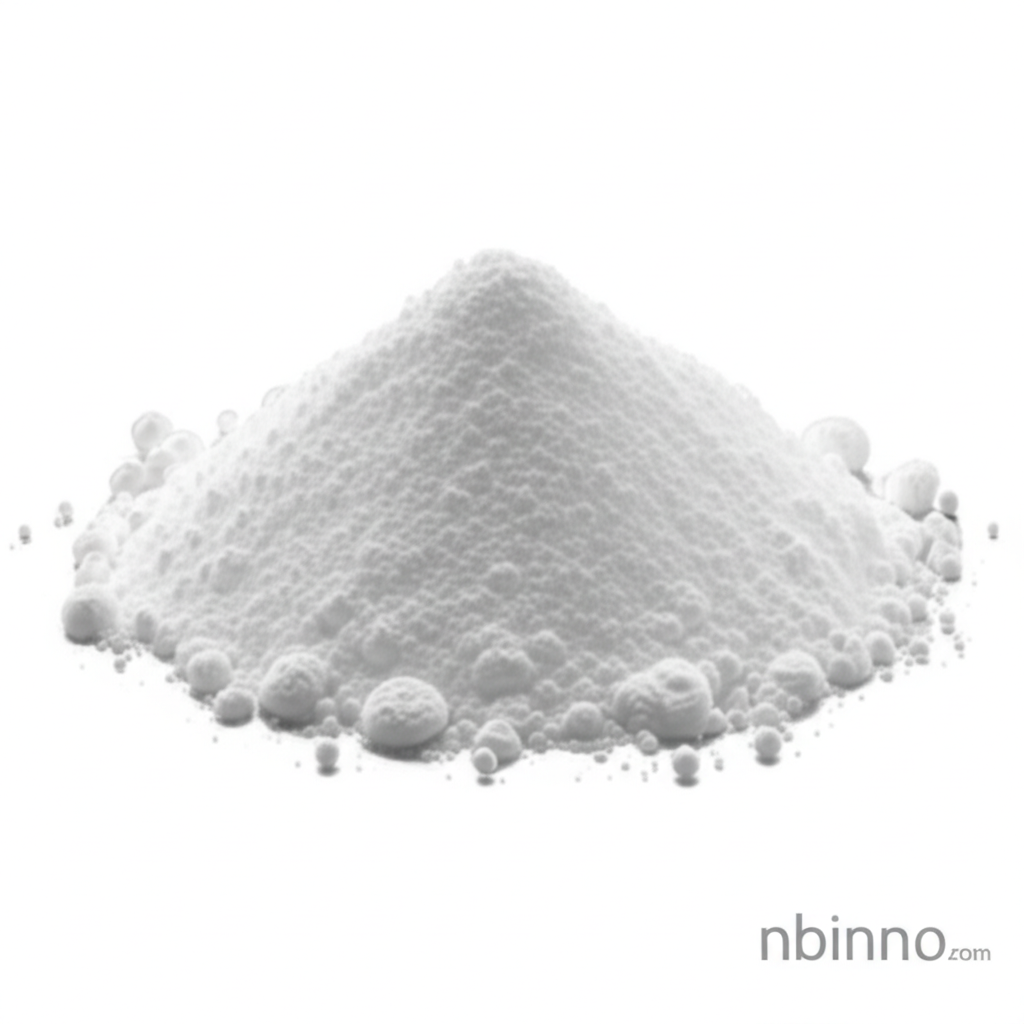Unlock the Potential of Bupivacaine Hydrochloride
Your essential guide to a critical local anesthetic for medical and research applications.
Inquire for SamplesUnveiling Bupivacaine Hydrochloride's Core Value

1-butyl-N-(2,6-dimethylphenyl)-2-piperidinecarboxamide hydrochloride
Bupivacaine hydrochloride is a vital pharmaceutical intermediate and local anesthetic, crucial for numbing specific areas during medical procedures. Its primary mechanism involves blocking sodium influx into nerve cells, effectively preventing pain signal transmission and ensuring patient comfort during surgery, childbirth, and dental work. This compound is recognized for its long-lasting action and efficacy in various nerve block techniques, making it a cornerstone in modern pain management strategies.
- Leverage Bupivacaine Hydrochloride for Local Anesthesia: Explore how this compound is fundamental in providing targeted pain relief for surgical interventions and procedures.
- Understand Bupivacaine Hydrochloride's Mechanism of Action: Delve into how it functions as a sodium channel blocker to interrupt nerve impulse transmission.
- Key Applications of Bupivacaine Hydrochloride: Discover its extensive use in local infiltration, peripheral nerve blocks, and epidural anesthesia.
- Bupivacaine Hydrochloride: A Pharmaceutical Intermediate: Learn about its significance as a building block in the synthesis of anesthetic drugs and its role in drug discovery.
Key Advantages of Utilizing Bupivacaine Hydrochloride
Extended Duration of Action
Benefit from the prolonged anesthetic effect, reducing the need for frequent re-administration and providing sustained patient comfort during lengthy procedures, a key aspect of understanding bupivacaine hydrochloride uses.
Versatile Application Spectrum
From superficial procedures to complex surgeries, bupivacaine hydrochloride serves a broad range of anesthetic needs, demonstrating its versatility in clinical settings.
Established Safety Profile
When administered correctly by trained professionals, bupivacaine hydrochloride offers a well-understood safety profile, although awareness of potential bupivacaine hydrochloride side effects is crucial.
Key Applications
Surgical Anesthesia
Provides profound local anesthesia for surgical interventions, ensuring patient comfort and facilitating operative procedures. This application highlights the importance of local anesthetic bupivacaine hydrochloride.
Epidural and Caudal Blocks
Utilized extensively in obstetrics and pain management for epidural and caudal blocks, contributing to effective labor analgesia and postoperative pain relief.
Peripheral Nerve Blocks
Administered for blocking specific peripheral nerves, offering targeted pain relief for limbs and regions of the body, crucial for orthopedic and trauma surgeries.
Diagnostic and Research Use
Serves as a tool in pharmacological research to study sodium channel function and pain pathways, aiding in the advancement of analgesic therapies.
